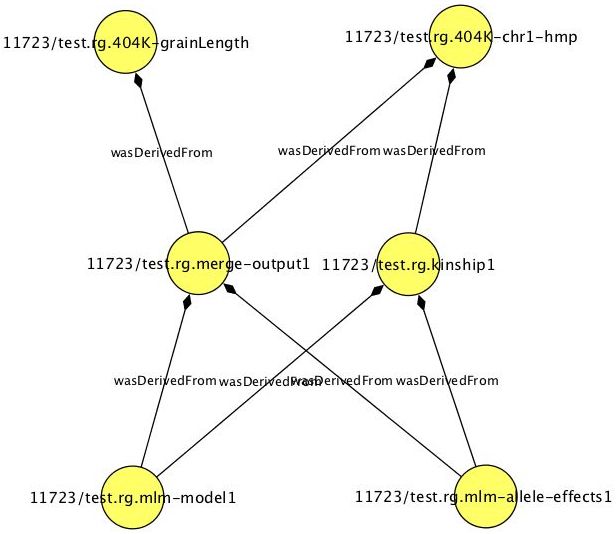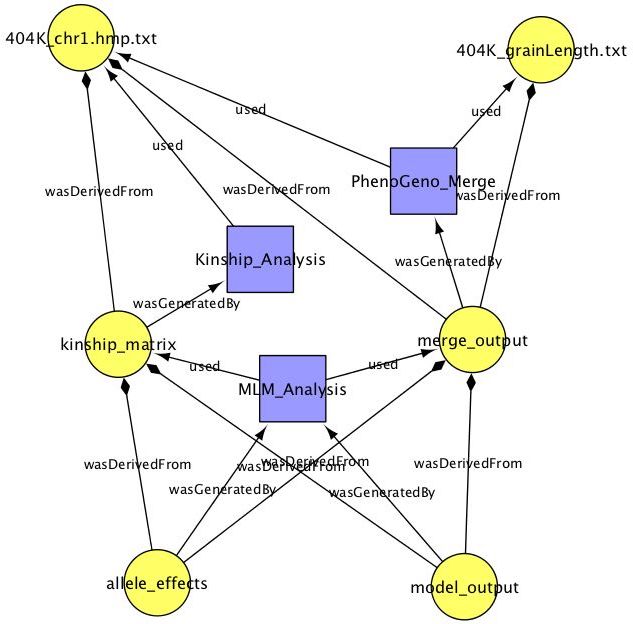Streaming Sensor Data
The use case focused on air sensor data collected from devices that are installed mostly in Taiwan by the air quality microsensing project (https://pm25.lass-net.org/ ) - a collaboration between the Taiwanese academic institutions, computer industry and Taipei city government. The streaming data for our use case was collected in 2017.
To enable easy referencing and re-use from a repository, PIDs were assigned to daily sensor feeds of the data. An ongoing research and testing focuses on the RDA data collections API - software that facilitates management of collections and their member objects and provides flexible searching functionality for representing data objects.
For more information, data and code visit: 


